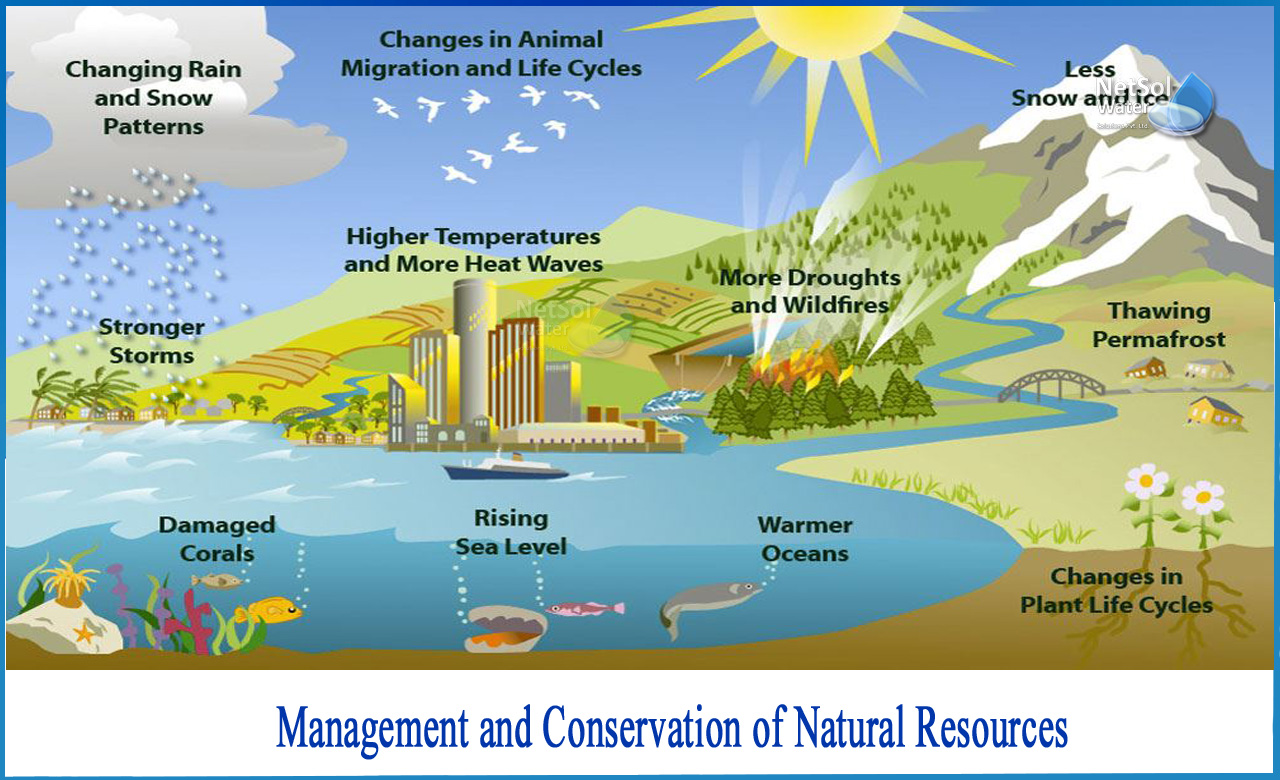What do you mean by conservation and management of natural resources?
Natural resource management is the management of natural resources such as land, water, soil, plants, and animals, with a special emphasis on how management impacts the quality of life for current and future generations. As a result, sustainable development is based on the prudent use of resources to provide for both the current and future generations. Large subdisciplines of natural resource management include fishery, forestry, and wildlife management.
What does it entails?
Natural resource management entails determining who has the right to utilize the resources and who does not in order to define the resource's limits.The resources may be managed by users in accordance with the rules controlling when and how the resource is utilized in accordance with local conditions, or they may be controlled by a governmental agency or other central authority.
Because of the nature of shared resources, those who are affected by the rules can participate in setting or amending them. Users have the right to create their own management institutions and plans, as long as the government recognizes them. Land, water, fisheries, and pastoral rights are all part of the right to resources.Users or parties liable to users must actively monitor and guarantee resource compliance with the rules, as well as apply penalties on those who break the rules. The local institution resolves these problems quickly and cheaply based on the gravity and context of the offense.
Natural Resource Conservation
To safeguard nature from further depletion as a result of human activity, efforts must be done at all society levels, from international to individual. The necessity for sustainable use of natural resources, as well as resource protection, should be included into national and international legal systems.
What is conservation?
Conservation is the care and protection of these resources in order for them to be available for future generations. It encompasses preserving the diversity of species, genes, and ecosystems, as well as environmental processes such as nutrient cycling.
Conservation and preservation are synonyms, yet while both aim to safeguard nature, they go about it in different ways. Conservation is concerned with the long-term use of nature by people for activities such as hunting, logging, and mining, whereas preservation is concerned with the protection of nature from human use.
Conclusion
Human population increase has resulted in unsustainable rates of use of our natural resources, leading in a loss of biodiversity on Earth. Habitat degradation, climate change, invasive species, overexploitation, and pollution are the primary causes of biodiversity loss. Species extinction is inextricably linked to declining biodiversity. While extinction is a natural process, the rate at which it is occurring now is not. Scientists believe that present extinction rates are nearly a thousand times greater than would be predicted based on the fossil record, and that we may be in the midst of a major extinction event, in which 75 percent or more of all species are lost at once. The extinction of the passenger pigeon is a well-known example of a human-caused extinction.
Netsol Water is Greater Noida-based leading water & wastewater treatment plant manufacturer. We are industry's most demanding company based on client review and work quality. We are known as best commercial RO plant manufacturers, industrial RO plant manufacturer, sewage treatment plant manufacturer, Water Softener Plant Manufacturers and effluent treatment plant manufacturers. Apart from this 24x7 customer support is our USP. Call on +91-9650608473, or write us at enquiry@netsolwater.com for any support, inquiry or product-purchase related query.



